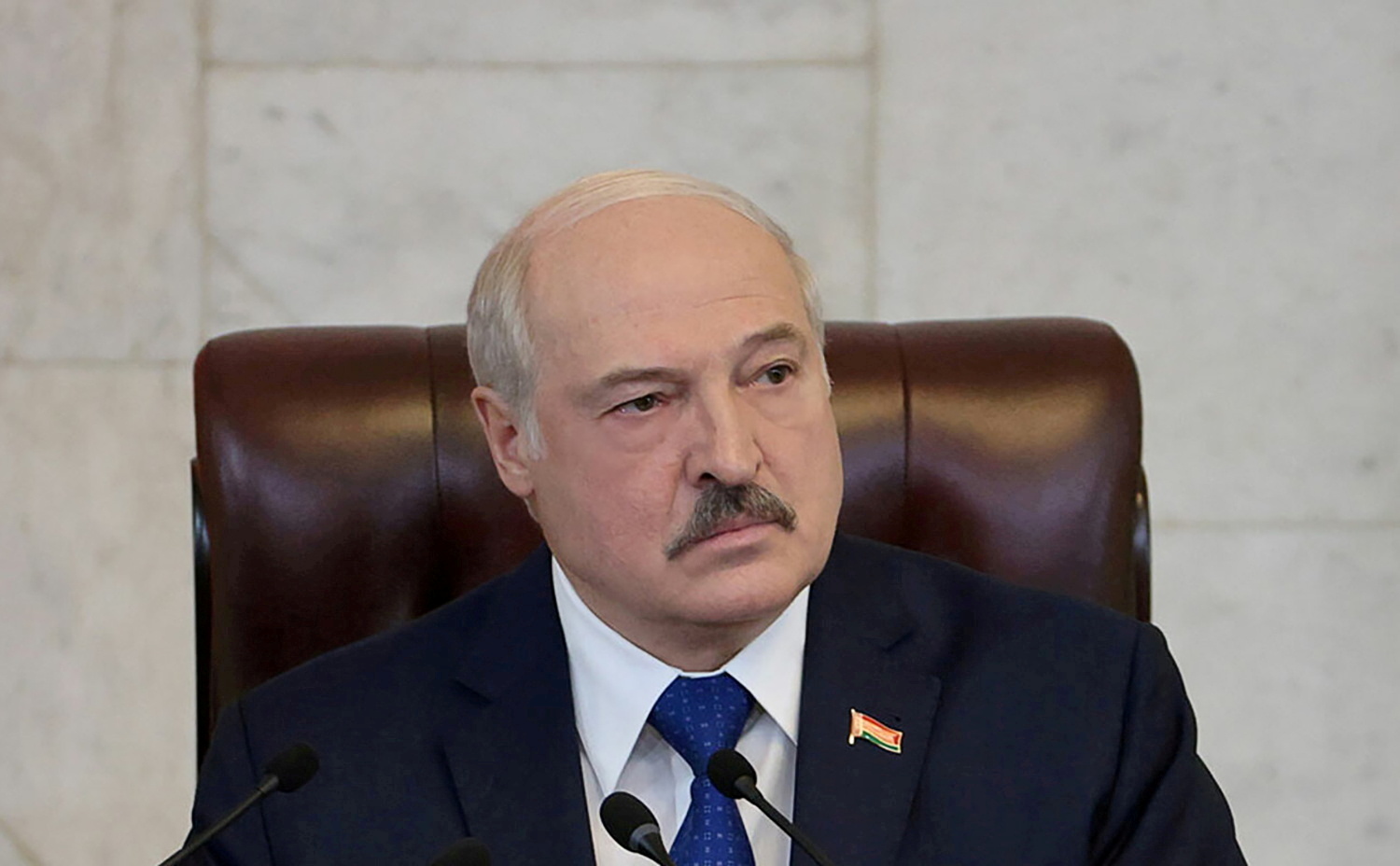
MOSCOW (Reuters) – Belarus on Monday announced joint military drills with close ally Russia on its southern border with Ukraine and accused the NATO military alliance of building up offensive capabilities near its borders.
U.S., NATO and Ukrainian officials say Russia has built up forces near Ukraine, sparking fears of a looming attack. Moscow denies any such plan. Belarus is itself locked in a row with the European Union over migrants camped at its western border.
Casting it as a response to new military deployments in countries to the west and south of Belarus, Defense Minister Viktor Khrenin said Minsk would hold an exercise with Russia in the “medium term.” He gave no specific date.
“We see troop formations around our state borders… We can only be concerned by the militarization of our neighboring countries, which is why are forced to plan measures in response,” he said in comments on his ministry’s website.
NATO member Lithuania, which lies to the west of Belarus, said on Sunday the Atlantic alliance needed to adjust its stance towards Belarus, whose military, it said, was becoming more integrated with Russia’s armed forces.
On Monday, Belarusian leader Alexander Lukashenko said Minsk would not sit idly on the sidelines if the simmering conflict in eastern Ukraine erupted or a war broke out with the West at Russia’s borders.
“…it is clear whose side Belarus will be on,” he said in a clear nod to Russia, whose financial and political backing helped him weather huge protests against his rule that broke out last autumn.
“They understand this, that’s why they’ve begun strengthening their northern Belarus-Ukraine border,” Lukashenko was quoted as saying by Interfax news agency.
The comments appeared to contrast with the more neutral stance taken by Lukashenko after Russia’s 2014 annexation of Crimea from Ukraine and its backing for separatist forces in Ukraine’s east.
Minsk, like most of the world, still recognizes Crimea as Ukrainian territory.
(Reporting by Maxim Rodionov; Writing by Tom Balmforth; Editing by Gareth Jones)





